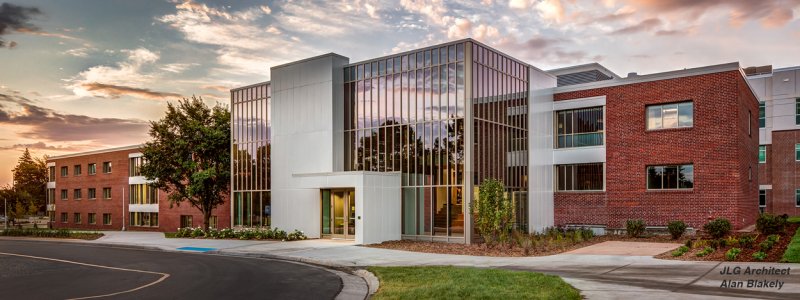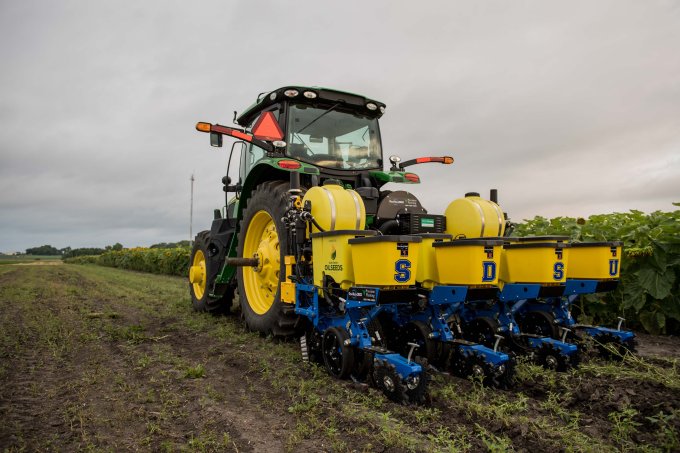The Ness School of Management and Economics offers students a high-quality education and excellent job placement opportunities. Our 30 full-time faculty members teach a broad range of courses in economics and related business disciplines, including finance, accounting, entrepreneurship, strategic management and marketing.
We conduct research in economics (applied micro- and macroeconomics, money and banking and policy analysis), agricultural economics and agribusiness (agricultural marketing and trade, farm and ranch management, land valuation, agricultural policy and rural development and natural resources/environmental issues) and business economics (entrepreneurship, finance, management and marketing) and we provide extension, outreach and general service programs in economics, management and taxation.
Explore Our Programs
Start Your Jackrabbit Story







